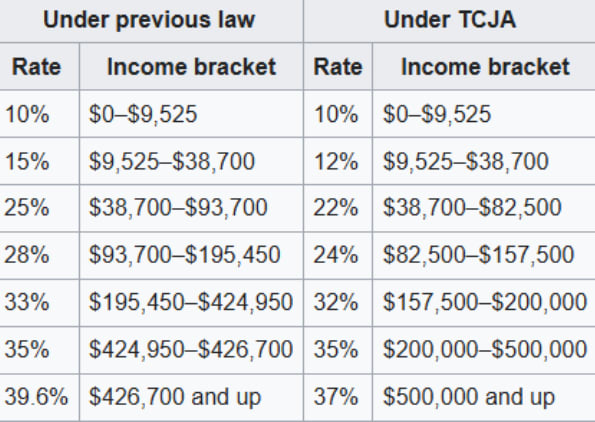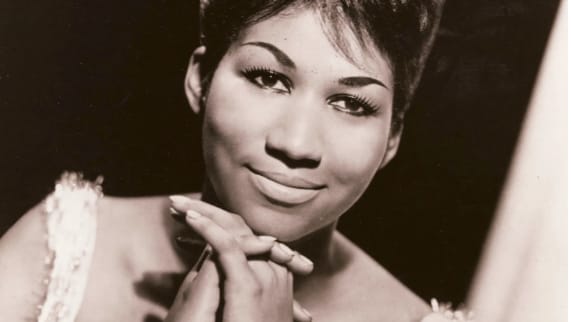It appears that, from the moment a student graduates middle school and steps into the unfamiliar atmosphere of high school, their sole purpose on this Earth transmutates into getting an acceptance letter from a prestigious university. Students at specialized high schools like Staten Island Tech are especially prone to this mindset. In fact, it has gotten to a point where it is not uncommon for staff members to mention how joining an extracurricular activity because it “looks good on a college application” is a weak reason. It has become such a normalized perspective to adapt that individuals have started to undermine the psychological consequences that accompany this mindset, which is what this article hopes to bring back into cognizance.
Part I: Where Does This Mindset Come From & Why Is It So Harmful?
First and foremost, it is crucial to understand why students develop this mindset. The human mind is much like a web of purpose, deliberately spun to hold all the underlying factors behind a motive. These factors often come in the form of verbal words by a peer, mentor, or guardian, affirming to a student that college is everything. That if they don’t get into an ivy league or at least a respected university, the chances of success become so slim they might as well throw away their future the moment they receive a rejection letter from Harvard.
Hearing such affirmations can kick a student into a fight-or-flight response; it’s all or nothing, they think. Get in, or suffer the consequences. This response manifests in various ways: a student may sacrifice sleep to perfect every assignment, forgo social interactions to study for another AP exam, or even question their abilities if their efforts don’t show immediate results. These behaviors are not just coping mechanisms; they are survival tactics in a world where academic success is often mistaken for personal worth.
This mindset isn’t developed in isolation. It reflects a broader societal tendency to equate prestige with success. From a young age, children absorb messages that an Ivy League acceptance is the ultimate validation of their efforts, while rejection signals inadequacy—a belief reinforced by the emphasis on rankings, test scores, and the relentless pursuit of résumé-building activities. Ironically, while this belief is meant to inspire ambition, it often achieves the opposite. The weight of expectations can stifle curiosity, pushing students to focus solely on outcomes rather than the joy of learning or exploring passions.
It does not help that social media, platforms where individuals cherry-pick the highlights of their life, has overflowed with creators sharing how they were able to start a nonprofit, become president of a club they founded, take 10+ AP classes, win multiple international awards, maintain a 4.0 GPA, network with professionals, build lifelong connections.. The list is seemingly endless. The pressure becomes excruciating.
Conversely, when a creator comes online to share the story of how, even with all of these outstanding extracurriculars, they still got rejected from an ivy league, it shatters the confidence of hundreds of students. After all, if they couldn’t do it, how could anyone else? The pressure becomes overwhelming, like every second you spend awake must be devoted to impressing the college admissions committee.
For many students, this endless cycle of comparison leads to feelings of inadequacy, self-doubt, and anxiety. Instead of celebrating their own achievements, they fixate on perceived shortcomings, convinced they aren’t doing enough to stand out. Over time, this mindset can erode their confidence and leave them feeling burned out before they’ve even begun their careers.
It can be observed that societal influences can shape an individual’s psychological makeup, leading a student to believe that prestige is everything; it guarantees success and it is an obligation that must be achieved. This, coupled with peers on social media accomplishing tremendous milestones, can shatter a student’s confidence and lead to them placing an unnecessary burden on themselves.
Part II: When a Student Fails to Recognize Their True Passions
Needless to say that the college-induced motive is not ideal--from the perennial pressure fueled by comparison to the relentless belief that “I have to,” there is another area that must be addressed. What happens when a student gets so absorbed that they lose sight of what they really enjoy?
Staten Island Technical High School places a heavy emphasis on career paths and encourages students to focus on figuring out what they really want to do. However, it seems that in the pursuit of getting into a good college, students have neglected--or downright forgotten--what it is that makes them happy.
The "college-first" mindset often forces students to make decisions based on what they think admissions committees want to see rather than what genuinely interests them. A student might join a club they have no real enthusiasm for, participate in competitions that spark no joy, or even pursue an academic field they have no connection to—all to fit a narrative of being the “perfect applicant.” This approach creates a dangerous disconnect between a student’s true passions and the activities they dedicate their time to.
When a student spends years chasing accolades or building a résumé, they risk entering college or the workforce without a clear sense of who they are or what they truly want. This lack of clarity can lead to major dissatisfaction later in life. Studies have shown that people who pursue careers they’re passionate about are more likely to feel fulfilled, motivated, and productive. However, when a student has spent years ignoring their interests in favor of “playing the game”, they often struggle to identify what those passions are.
Worse still, this disconnect can result in regret and resentment. Some students may eventually realize that their years of effort went toward goals they never truly cared about. The sense of accomplishment from getting into a prestigious school may feel hollow if the journey there involved sacrificing personal happiness.
This is where a systemic shift in how we approach education becomes critical. Students need more opportunities to explore their interests without the looming pressure of college admissions. For example, by reminding students that high school is not just about college but rather self-discovery and finding a unique voice, schools can foster an environment where true passions are valued as much as academic achievements. Otherwise, students will continue to be caught in a cycle of striving for external validation at the expense of internal fulfillment.
Part III: Work to be Done
Combating a mindset that has been ingrained in you is no easy task, but it can be manageable if we break it down. The first step is already done: become aware of the consequences of wielding such perspective. The next step is to actively challenge the mindset. This involves reshaping the narrative that success is synonymous with prestige or external validation. Students need to recognize that their worth isn’t defined by the name of the college they attend or the accolades on their résumé, but rather by their growth, resilience, and authenticity.
One way to challenge this is through self-reflection. Students should take the time to ask themselves meaningful questions: What truly excites me? What do I enjoy doing even when no one is watching? What values do I want to uphold in my life? By exploring these questions, they can start uncovering their true passions and begin pursuing activities that align with their interests rather than external expectations.
Parents, educators, and mentors also play a crucial role in reshaping this mindset. Instead of reinforcing the idea that getting into a prestigious college is the ultimate goal, they should encourage students to value learning for its own sake. Success stories of individuals who forged unique paths—those who found fulfillment in creative, entrepreneurial, or unconventional careers—should be celebrated just as much as those who were accepted into elite universities.
Additionally, schools can implement programs that prioritize self-discovery and personal growth. For example, providing workshops on career exploration, mentorship opportunities, or even classes that focus on mindfulness and emotional well-being can help students develop a more holistic sense of purpose. When students are given the tools to explore their interests without judgment, they are more likely to find paths that resonate with their authentic selves.
On a societal level, we must also address the cultural obsession with prestige. Media, social platforms, and educational institutions need to shift their focus away from rankings and exclusivity and instead highlight diverse definitions of success. Recognizing that every student’s journey is different—and equally valuable—can help dismantle the toxic comparison culture that fuels anxiety and self-doubt.
Finally, students must be reminded that failure is not the end of the world. It’s okay to not have everything figured out by the time they turn 18. College is not a finish line; it’s a stepping stone in a much larger journey. By redefining failure as a natural part of growth and learning, students can approach challenges with curiosity and resilience rather than fear.
The pressure to meet societal standards of academic prestige has created a generation of students who often sacrifice their well-being and passions in the pursuit of external validation. However, it’s never too late to rewrite the narrative. By fostering a mindset that values authenticity, curiosity, and personal fulfillment over perfection and prestige, students can build a future that truly resonates with who they are.
It’s time we collectively shift the focus from where students go to college to who they are becoming along the way.










